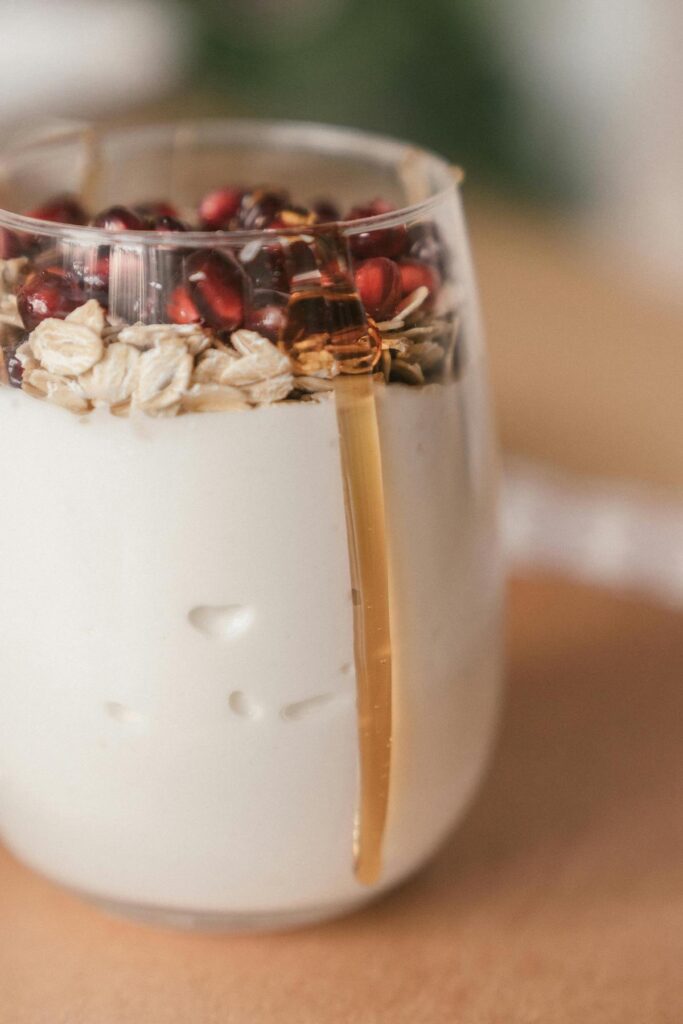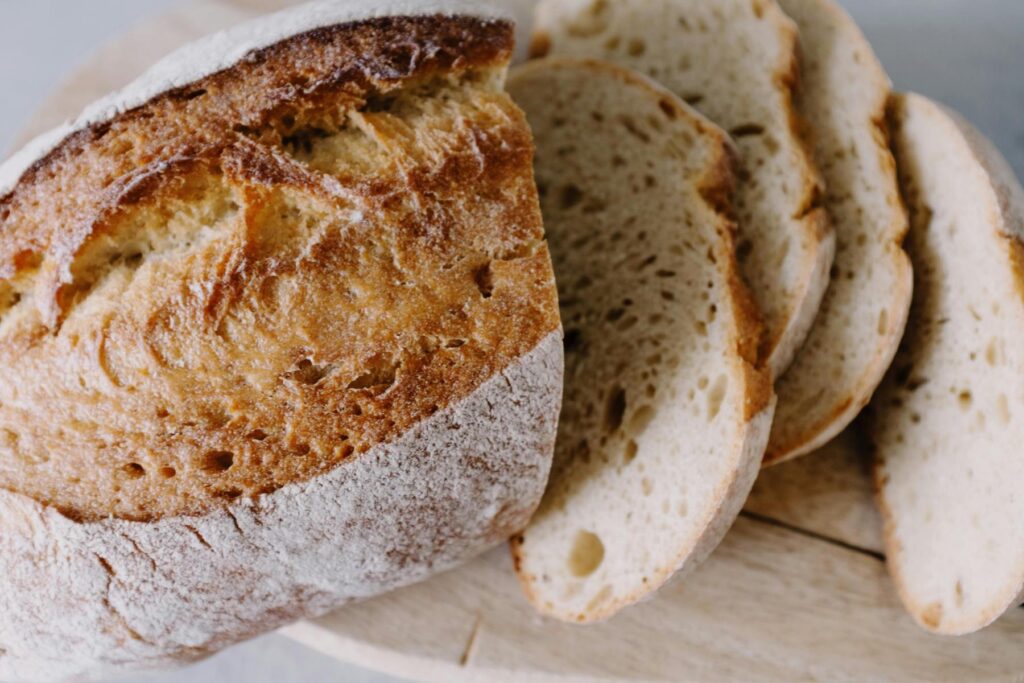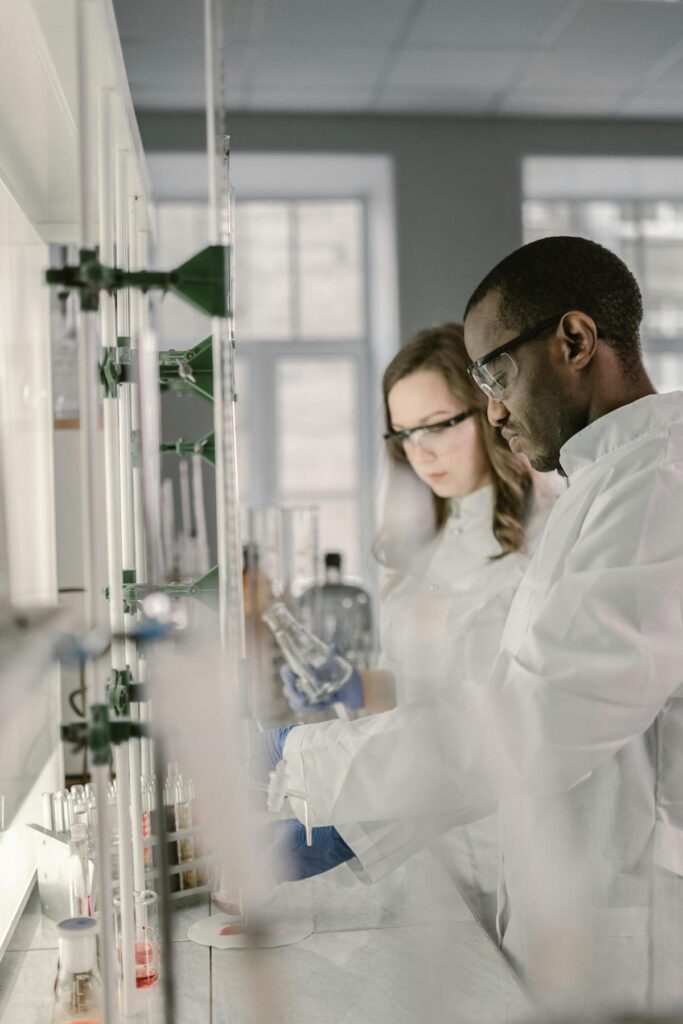Hair loss, in particular hair loss or thinning hair of androgenetic origin, is caused by the sensitivity of the hair bulbs to the action of DHT, which induces local inflammation of the scalp. This local inflammation further accelerates the deterioration of the hair.
The intestinal microbiota boosts the body's immunity and fights chronic inflammation. So the quality of our microbiota could have an influence on the health of our hair.
A link between microbiota and androgenetic alopecia?
For some years now, scientists have been trying to identify the mechanisms involved. The research is still in its early stages!
In 2017, the first works carried out in Japan entitled "Intestinal dysbiosis and biotin deprivation cause alopecia by the proliferation of Lactobacillus murinus in mice" tend to show that an imbalance in the intestine between "good" and "bad" bacteria (also known as dysbiosis) can compromise the physiology of the skin in mice, generating, for example, abnormal hair loss.
Since 2012, so very recently, scientists have been working to try and understand the precise relationship between intestinal microbiota and hair loss in particular.
The latest scientific article was published on 2 April 2024. It is based on a method of statistical analysis known as "Mendelian randomisation", which makes it possible to study sometimes very weak associations between a risk factor and the occurrence of a problem. In this case, the study lays the foundations for the possible establishment of a causal link between imbalance of the intestinal microbiota and androgenetic alopecia.
However, the article concludes that "the complex physiological mechanisms underlying the relationship between the gut microbiota and androgenetic alopecia are beyond the scope of our models. Future research efforts should focus on identifying potential mechanisms to further our understanding of androgenetic alopecia with a view to preventive measures".
However, it stresses "This analytical approach is not only promising for the development of effective prevention and intervention strategies against androgenetic alopecia, but also offers innovative insights into the underlying mechanisms of androgenetic alopecia through the prism of the gut microbiota".
The latter research are a beacon of hope!

Balanced microbiota = preserved hair?
What about probiotics?
As you can see, an imbalance in the intestinal microbiota is very likely to have an influence on hair loss or thinning. This represents a promising avenue for future treatment, albeit one that is still in its infancy.
At this stage, we can only conclude that strengthening our intestinal microbiota is probably a positive step in the fight against hair loss. This strengthening primarily involves a balanced diet. It can also be strengthened from time to time by a course of probiotics. These are known to strengthen and rebalance the microbiota.
What are the differences between "probiotics" and "prebiotics"?
Probiotics and prebiotics collectively refer to what is known as the intestinal flora. The two terms are sometimes used interchangeably, but they perform two completely different, albeit complementary, functions.
Probiotics are live bacteria found in certain fermented foods that are rich in probiotics (such as sauerkraut or yoghurt, for example), or in food supplements that can also provide numerous benefits to the intestine when consumed.
Prebiotics, on the other hand, do not refer to 'living' organisms like probiotics, but to fibre-rich foods that allow the probiotics to feed and therefore function effectively. Fruit, vegetables and wholegrain cereals are examples of foods rich in prebiotics.

Yoghurt + fruit + wholegrain cereals: a winning combination!

Sourdough bread, rich in pre-biotics
Interestingly enough, since 2017, prebiotics have been defined as "a substrate selectively used by host micro-organisms and conferring a health benefit". In other words, prebiotics constitute a veritable "larder" from which probiotics draw according to their needs.
Together, they protect us from harmful bacteria and fungi and make a very significant contribution to the proper functioning of the immune system, particularly through their anti-inflammatory effect. Hence their possible link with hair loss.
What are the differences between the "microbiome" and the "microbiota"?
Here too, it is clear that these two words are often used indiscriminately, one in place of the other.
To put it simply, microbiome refers to a house inhabited by several micro-organisms such as bacteria, fungi or the microbiota. So the microbiome cannot be summed up in microbiota alone.
Microbiota is unique to each of us and results from the association of different micro-organisms that exist in different environments (first and foremost, of course, the intestines). Its composition depends on our genetic make-up (so it differs from one individual to another), but also on environmental factors such as climate, pollution and the use of certain medicines such as antibiotics.
Exploring the microbiota and the microbiome opens up the possibility of scientific breakthroughs for therapeutic purposes.
The human genome is represented in a genetic catalogue of 22,000 different genes. Remember that the CNRS defines the genome as "all the genetic information of an organism contained in each of its cells in the form of chromosomes. The material support of the genome is DNA, except in the case of certain viruses where it is RNA".
The intestinal microbiome (including the microbiota) is thought to contain over 3 million genes, i.e. almost 150 times more genes than make up the human genome!
Another exciting feature is diversity. The genome of each one of us (human genome) is globally identical to more than 99% from one individual to another. The intestinal microbiome (including the intestinal microbiota) differs by more than 80%, or even 90% from one individual to another.
Finally, to illustrate the complexity of exploring the human microbiota (essentially located in the intestine), it should be remembered that each of us is made up of between 10 and 100 billion cells...
As you can see, science is still in its infancy when it comes to exploring the microbiota, and in particular the intestinal microbiota, which plays an essential role in preventing and combating inflammation. Inflammation plays a very important role in hair loss (whether the cause is androgenetic hair loss or alopecia), so a better understanding of the intestinal microbiota is of real interest in developing personalised treatments, particularly in the fight against alopecia.

Promising avenues for combating hair loss
Given the complexity of the intestinal microbiota, however, it is likely that the development of these targeted treatments could take many years.

